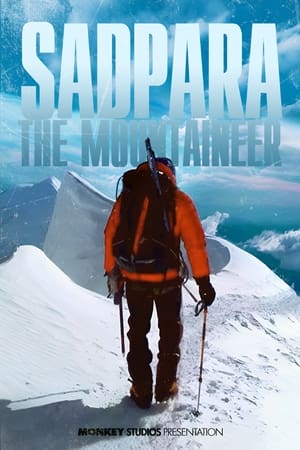

Bo Kata(2007)
Bo Kata, loosely translated in English means hacked! That is the victory battle cry when kites are eliminated in raging sky duels, sometimes lasting hours. Filmed entirely in Lahore, Pakistan, over three continuous days, Bo Kata is a rare cinematic documentary treat, depicting uniquely the rooftop kite flyers of Lahore, who have been a traditional part of Pakistan's culture and heritage that has lasted for over 400 years. Their sport is now under threat from a complete ban, after a series of tragic fatalities involving children and motorcyclists, resulting in decapitations and dismemberment from illegal chemically coated strings used to fly the kites. The documentary highlights a population that is associated with the mysterious art of kite dueling amidst the political backdrop of an impending ban
Movie: Bo Kata

Bo Kata
HomePage
Overview
Bo Kata, loosely translated in English means hacked! That is the victory battle cry when kites are eliminated in raging sky duels, sometimes lasting hours. Filmed entirely in Lahore, Pakistan, over three continuous days, Bo Kata is a rare cinematic documentary treat, depicting uniquely the rooftop kite flyers of Lahore, who have been a traditional part of Pakistan's culture and heritage that has lasted for over 400 years. Their sport is now under threat from a complete ban, after a series of tragic fatalities involving children and motorcyclists, resulting in decapitations and dismemberment from illegal chemically coated strings used to fly the kites. The documentary highlights a population that is associated with the mysterious art of kite dueling amidst the political backdrop of an impending ban
Release Date
2007-02-07
Average
0
Rating:
0.0 startsTagline
Genres
Languages:
Keywords
Similar Movies
 7.0
7.0Snow Leopard: Beyond the Myth(en)
BBC The Natural World. In 2004, a team from the Planet Earth series captured the first ever film of a wild snow leopard in the mountains of Pakistan. For Nisar Malik, who led the expedition, these images sparked a passion that compelled him to return. With cameraman Mark Smith, he spent two years documenting the snow leopard's daily life, finally lifting the veil on the most elusive of all cats.
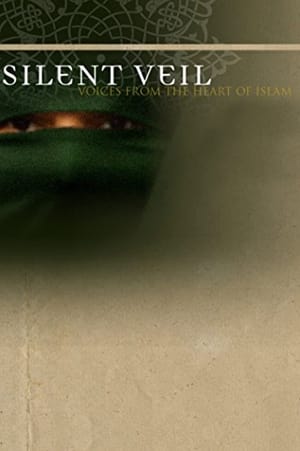 0.0
0.0Silent Veil(en)
In Pakistan, veils hide one of the country's most terrible secrets. Driven by revenge, jealousy or sexual non-co-operation some men subject their wives to horrific attacks with acid that is freely available in the street. Completely disfigured, the victims are often ostracized by their families and become prisoners in their own home. This chilling documentary is a terrifying insight into the shattered lives of these women.
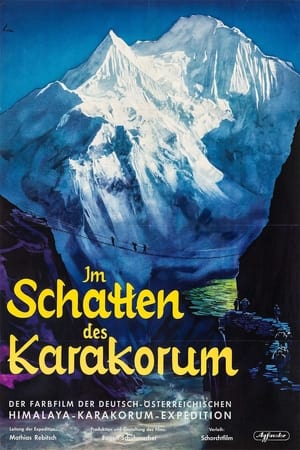 0.0
0.0In the Shadow of Karakorum(de)
In 1954, a German-Austrian expedition led by Mathias Rebitsch set off for the difficult-to-access Karakoram Mountains, geographically north of the Himalayas. They come across the Hunza, a people who live in the valley of the same name and believe they are descended from the soldiers of Alexander the Great. The documentary conveys impressions of the poor life of the Hunza people, the harvest, a court hearing, festivals and the children's everyday school life. Finally, the expedition sets off again and sets up its main camp on the moraine ridge of a glacier, where they measure the glacier and the earth's magnetic field. Finally, some men from the research community set off for a sub-peak of Batura.
 0.0
0.0Ishq e Qalandar - The Beautiful Sindh(en)
Ishq e Qalandar - The Beautiful Sindh is a travel film that takes viewers through one of the most ancient civilizations on Earth called Sindh. Shezan Saleem Jo-G takes a journey of self-realization, the discovery of his roots, and building a connection with people and spirituality in Sindh.
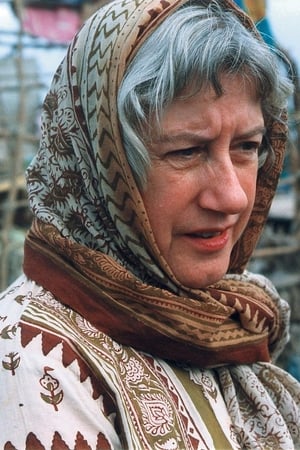 0.0
0.0A Calling to Care(en)
A Calling to Care is the inspiring story of 55 year-old Grace Stanley, a Canadian nurse who left her home and prestigious career behind to answer a calling halfway around the world in Karachi, Pakistan. Teaching nursing to local women in a strict Muslim culture that forbids them to even to touch men is a formidable task. However, Grace challenges her own values and belief systems to find common ground with her students, helping them to excel and feel respect for themselves in a culture that doesn't respect them. Whether it is getting her hands painted with henna, swimming fully-clothed in the ocean, or marching bravely with them on International Women's Day, Grace bonds with her students in a very special way, and ultimately discovers how the West can learn a lot more from the Third World than she ever thought.
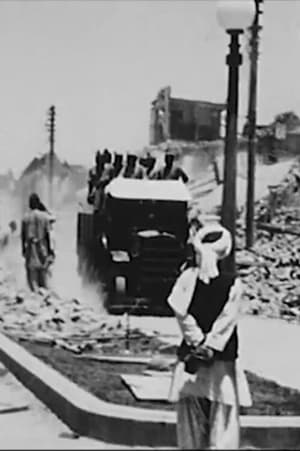 0.0
0.0The Quetta Earthquake(en)
Amateur footage of the devastation caused by one of South Asia's worst earthquakes.
 0.0
0.0Kagan Valley(en)
Amateur travelogue of the Kagan Valley and Darband, Pakistan.
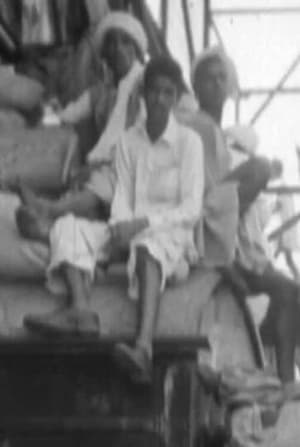 0.0
0.0Lahore - Refugees from India(en)
Millions of Muslims flee to Lahore in the newly created state of Pakistan, prompted by the partition of British India.
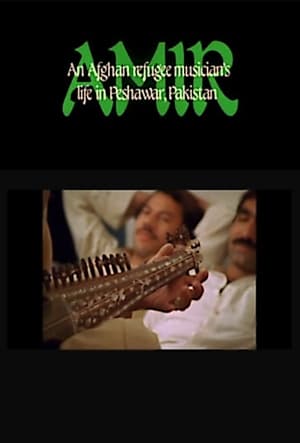 0.0
0.0Amir: An Afghan Refugee Musician's Life in Peshawar, Pakistan(en)
Amir, shot during the height of the Afghan civil war in the 1980s, investigates and portrays the life of Afghan refugees living in and around the city of Peshawar in northern Pakistan through the experiences of the musician Amir. The aspirations of Afghan refugees are expressed through their political songs dealing with the civil war in Afghanistan, with exile, with Afghan nationalism and with the Islamic revolution. In highly charged and tragic circumstances, music can be used in very direct ways, both to promote solidarity and as an agent of catharsis.
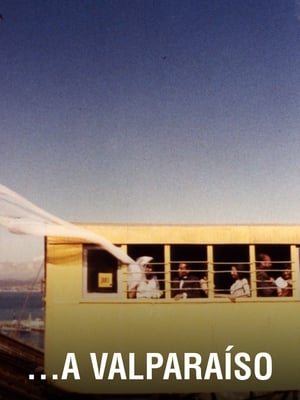 6.9
6.9Valparaiso(fr)
In 1962 Joris Ivens was invited to Chile for teaching and filmmaking. Together with students he made …A Valparaíso, one of his most poetic films. Contrasting the prestigious history of the seaport with the present the film sketches a portrait of the city, built on 42 hills, with its wealth and poverty, its daily life on the streets, the stairs, the rack railways and in the bars. Although the port has lost its importance, the rich past is still present in the impoverished city. The film echoes this ambiguous situation in its dialectical poetic style, interweaving the daily life reality (of 1963) with the history of the city and changing from black and white to colour, finally leaving us with hopeful perspective for the children who are playing on the stairs and hills of this beautiful town.
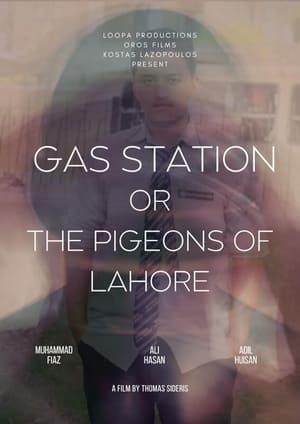 0.0
0.0The Pigeons of Lahore(ur)
The parallel stories of four Pakistani immigrants in Greece become the trigger for the director to explore the story of his father, a worker in the Perama Shipyard. The background unfolds a most deadly shipwreck, Libyan immigrants found in limbo, as well as a (possibly racist) crime, which was committed during the shooting of this film.
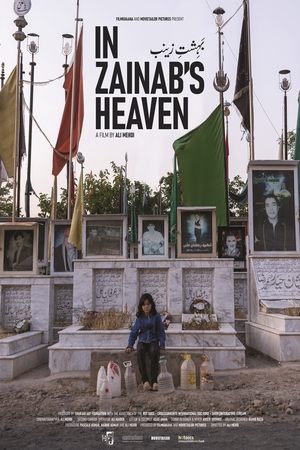 0.0
0.0In Zainab's Heaven(fa)
A Hazara film director follows a gravestone maker, a water girl and a man who buried his limb, as their daily lives unfold in a graveyard.
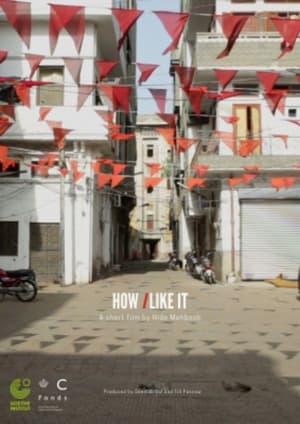 0.0
0.0How I Like It(ur)
In Pakistan, the public space is dominated by men. The confidence with which they walk the streets or weight train quickly disappears once they are confronted with female sexuality. Off-screen, several anonymous women talk about their sexuality. The images of the conventional partiarchal society are in sharp contrast to the liberating explicitness of the accounts of clit stimulation, sex with multiple partners, pissing, abortions, and rape.
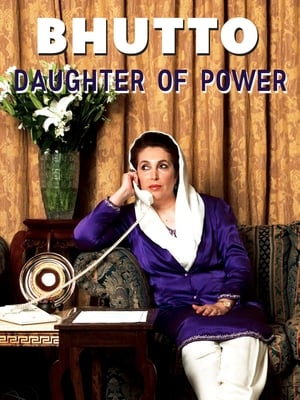 0.0
0.0Bhutto: Daughter of Power(de)
Touted as a symbol of modernity and democracy, Benazir Bhutto became synonymous with corruption and bad governance. In this unique film, Bhutto speaks frankly about the paradoxes of her life. Mixing private archive with insights from friends and family, this is the definitive documentary on the Bhutto dynasty.
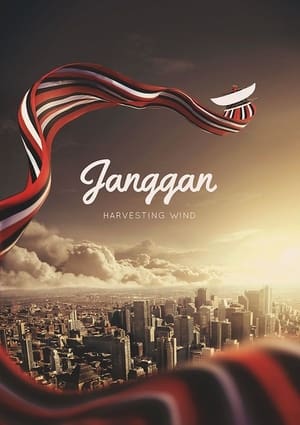 6.0
6.0Janggan(en)
A Balinese documentary about the traditional art of kite-making.
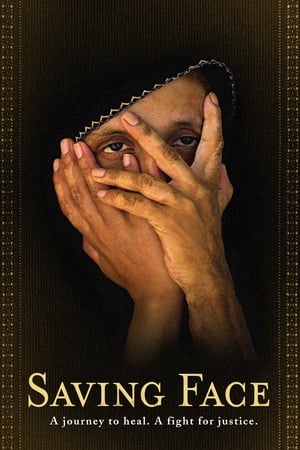 7.0
7.0Saving Face(en)
Every year hundreds of people - mostly women - are attacked with acid in Pakistan. Follow several of these survivors, their fight for justice, and a Pakistani plastic surgeon who has returned to his homeland to help them restore their faces and their lives.
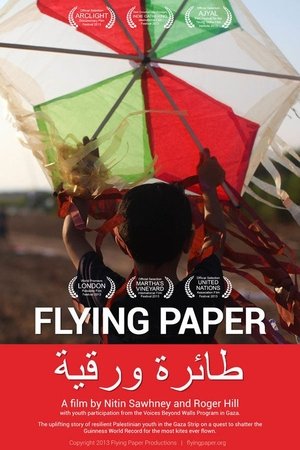 9.0
9.0Flying Paper(en)
Flying Paper tells the uplifting story of resilient Palestinian youth in the Gaza Strip on a quest to shatter the Guinness World Record for the most kites ever flown.
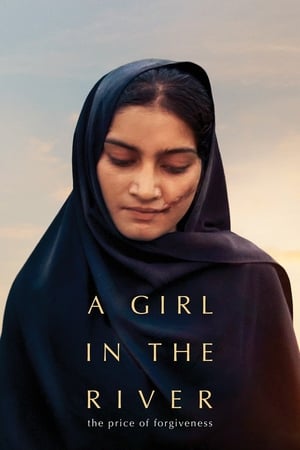 7.1
7.1A Girl in the River: The Price of Forgiveness(pa)
A woman in Pakistan sentenced to death for falling in love becomes a rare survivor of the country's harsh judicial system.
